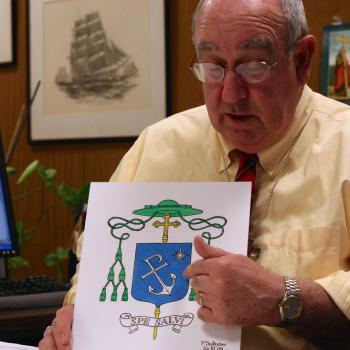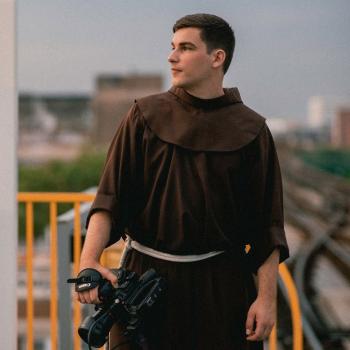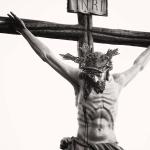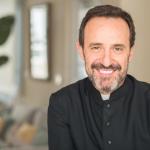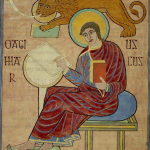Despite a busy medical practice, pediatrician Michael Giuliano has embarked on a spiritual journey to become a deacon.
As a neonatal pediatrician and medical educator in Hackensack, N.J., Dr. Michael Giuliano leads an intensely busy life. “Literally there were years when I worked, studied, worked, slept,” he says.
And yet, Giuliano has added two classes a week to his schedule as part of a four-year program of diaconate formation at Immaculate Conception Seminary School of Theology (ICSST).
For the 58-year-old father of five grown children, answering the call to serve as a permanent deacon in the Catholic Church meant undergoing a rigorous discernment and interview process. “I always felt a pull [to become a deacon], even though clearly the priesthood wasn’t a serious consideration, because I felt the pull to the vocation of marriage,” says Giuliano, who recently celebrated his 30th wedding anniversary with his wife, Marybeth.
Since the Second Vatican Council (1962-65) restored the biblical office of deacon after centuries of desuetude (priesthood candidates are still ordained as “transitional deacons” about one year before their priestly ordination), the diaconate in the United States has seen a surge of candidates. In the 1970s, there were nearly 1,000 deacons nationwide. In 2010, a study from Georgetown University’s Center for Applied Research in the Apostolate put the total number of deacons in the U.S. at more than 17,000, which makes up more than 40 percent of the diaconate population worldwide. Closer to home, the Immaculate Conception Seminary formation program has grown from 38 students in fall 2011 to 75 in fall 2013.
Giuliano and his fellow candidates in the program represent the dioceses of Metuchen and Paterson and the Archdiocese of Newark. “They are medical practitioners, lawyers, policemen, business executives and owners, former military officers — all mature men in their mid-40s and older. Most, except for very few, still work and have family and professional responsibilities and are active in their parishes in leadership positions,” says Deacon Andrew Saunders, associate director of the Center for Diaconal Formation at the Seminary.
For Giuliano, faith was the foundational issue that drew him to serve in the medical profession. Throughout his pre-med and medical studies, his faith — handed down to him by his parents and by an uncle who was a priest — was “never completely gone. It was always a pretty important part of my life, though frankly, work consumed so much time. There was never a lot of time for prayer, but it was always there, always in the background.”








